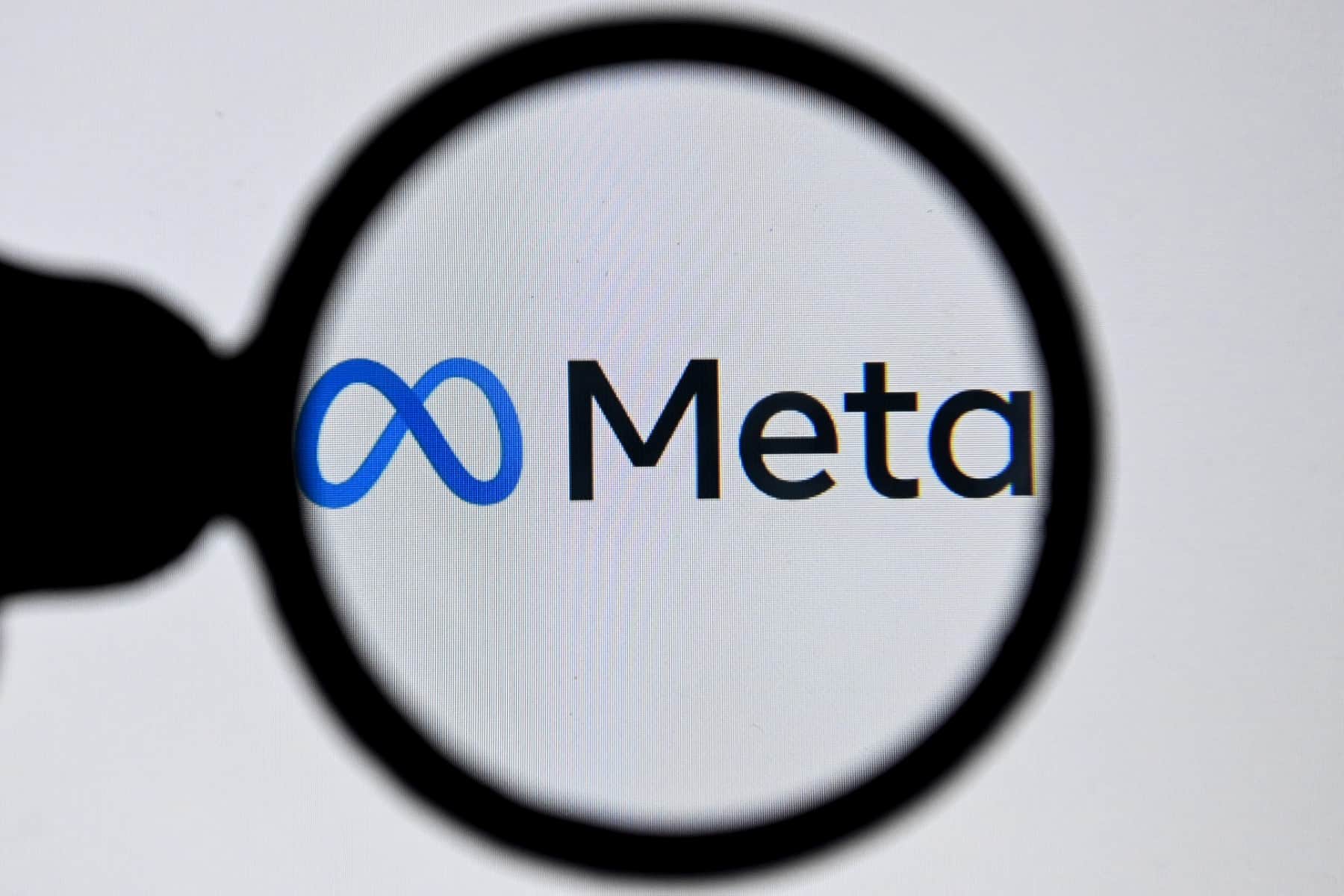Facebook parent Meta on Wednesday reported better profit than expected in the recently ended quarter, calming investors worried about the toll of competition from TikTok and eased pandemic restrictions.
Meta said it made a profit of $7.5 billion on revenue of $27.9 billion in the first three months of this year, sending shares up more than 18 percent in after-market trading that followed release of the earnings figures.
“We made progress this quarter across a number of key company priorities and we remain confident in the long-term opportunities and growth that our product roadmap will unlock,” said Meta chief Mark Zuckerberg.
The average number of people using Facebook monthly rose 3 percent to 2.94 billion by the end of March, while some 3.64 billion people used at least one member of Meta’s family of apps each month, the tech giant reported.
Meta owns Facebook, Messenger, WhatsApp, Instagram and virtual reality firm Oculus.
“More people use our services today than ever before, and I’m proud of how our products are serving people around the world,” Zuckerberg said.
The growth in the ranks of people using Facebook on any given day is a good sign for the social network, especially after seeing the number decline for the first time ever in the final quarter of last year, Insider Intelligence analyst Evelyn Mitchell told AFP.
“But it’s also clear that Facebook is still struggling to bring in new users, and it’s becoming increasingly difficult for Instagram to pick up the slack,” Mitchell said.
Investors had been worried that as the pandemic eased and people socialized more in real life that they would engage less on Facebook. There were also concerns about competition from video sharing sensation TikTok.
Zuckerberg has cited pressure from TikTok, and launched his own short-form video sharing feature Reels which has seen fast growth on Facebook and Instagram.
“Video is the main way that people experience content online,” Zuckerberg said on an earnings call.
Reels accounts for more than a fifth of the time that people spend on image-centric social network Instagram, Zuckerberg told analysts.

More mindful spending
Expenses at Meta climbed 31 percent to $19.4 billion when compared with the same quarter a year earlier. Meta said that it ended the quarter with 77,805 employees, an increase of 28 percent from a year ago.
The company kicked off a number of long-term projects based on its performance last year, but plans to throttle back its pace of spending in line with “current business growth levels,” Zuckerberg said.
Meta has been investing heavily in a future that Zuckerberg believes will include spending time in immersive virtual worlds referred to as the metaverse. It has a Reality Labs unit devoted to what he has predicted is the future of the internet.
The metaverse is a 3D virtual world where people will be able to interact using sensors, head gear and other gadgets.
Doubts have swirled about whether the major metaverse investments will pay off for Meta, which changed its name from Facebook last year to highlight its shifting focus.
Meta’s early metaverse platform, called Horizon Worlds, already allows people to socialize virtually while represented by avatars.
“Over the next several years, our goal from a financial perspective is to generate sufficient operating income growth from our family of apps to fund the growth of investment in Reality Labs, while still growing our overall profitability,” Zuckerberg said.
“Now, unfortunately, that’s not gonna happen in 2022, given the revenue headwinds.”
Meta’s ad business faces some “very real challenges” including privacy changes to iOS software that make it tougher to target money-making ads, noted Insider Intelligence analyst Jasmine Enberg.
“Facebook, of course, is no stranger to obstacles but the iOS changes are the first direct threat to its ad business,” Enberg said.
“Combined with the rise of TikTok, brand safety concerns, and a shift in social media user behavior, there’s a perfect storm heading straight for Meta’s ad revenues.”
Meta executives assured analysts that they are developing technology that minimizing the amount of personal information needed to show people relevant ads, offsetting the impact of the iOS privacy labels.








